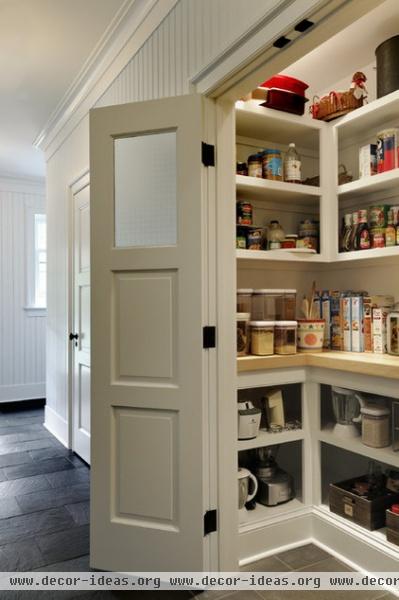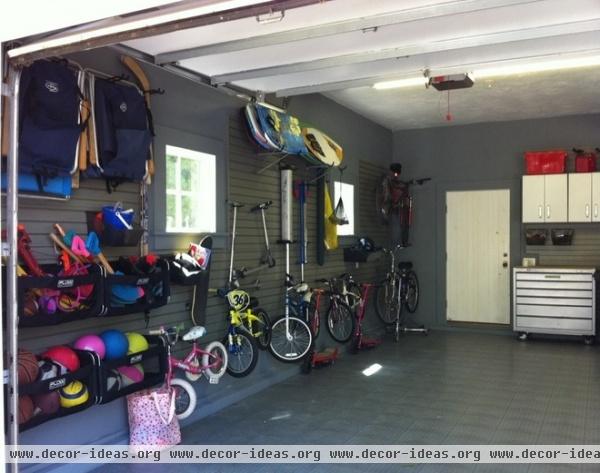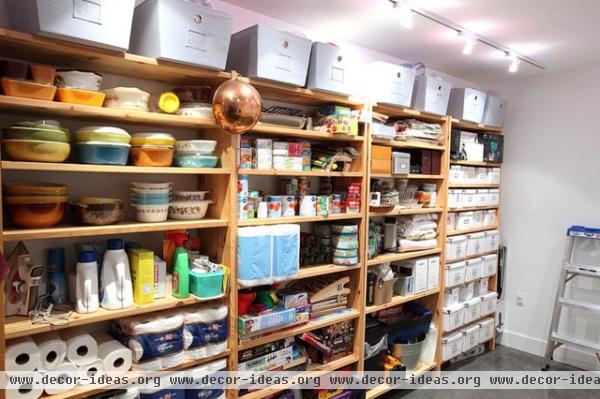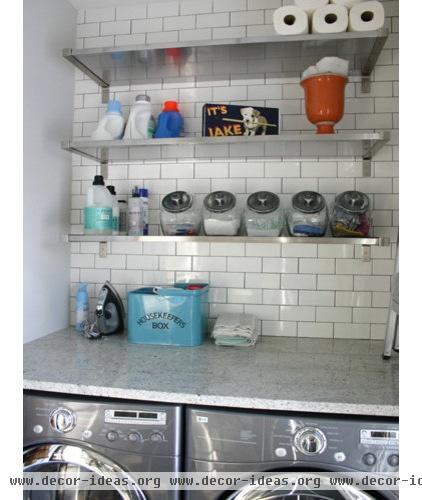All Together Now: Tackle Home Projects With a DIY Co-op
My sister Torey just moved. She and her husband are completely renovating their new house. They have accomplished so much in just a couple months, but the remaining to-do list is long. The underlying disorder is sending my Naturally Organized sister into a tailspin. My house is only a couple of years old, but I'm still working to make it home, so I have a list of things to do too.
Last week Torey mentioned she really needed to paint her front door. I intended to paint my back doors as soon as the weather cleared. "We should work together!" she said. And just like that, our DIY co-op was born. We've been in business a week, and both of us have crossed a task we were dreading off our list — and we're looking forward to crossing off more.
Does this sound like a dream come true? Setting up your own DIY co-op may not be as simple as a quick phone call to your sister, but it may be easier than you think. When considering a possible DIY co-op partner, ask yourself a few things.
Is the candidate:
• Committed? You need someone who is going to show up when she says she will. Many of us have at least one of those friends — we love her to death — but our plans with her always have an imaginary asterisk beside them. If your friend isn't reliable, no matter how wonderful and talented she is, forget about it. No flaky friends allowed.
• Fun to be with? When you are tackling arduous projects, it's incredibly draining. Being able to laugh with another person can be a lifesaver. Lacking a sense of humor may not be a deal breaker for you, but it is for me.

Does the candidate:
Have projects? Obviously a co-op needs to be mutually beneficial. If you have a friend who's rude enough to have her home perfectly up-to-date and beautifully in order, don't bother asking her to be your DIY co-op partner.
Have equal or complementary skills, goals and energy levels? This simply means you want and are capable of achieving the same things. Torey and I aren't DIY wonders, but we can paint and organize and clean. She's Naturally Organized and I am not, and we each have areas where we shine and those where the fetal position seems our only option. As far as our goals go, we both want to have clean and organized homes that are havens for our family and friends. We want to create lovely environments where you feel good just walking through the door. Our differences bring more to the table, and our similarities keep us there. And our energy levels are close enough that we're able to work together.
Once you've found your DIY co-op partner, you need to schedule work times. Be sure to limit them to one house a day. Because of the flexibility in our schedules, Torey and I have settled on Monday mornings at her house and Wednesday mornings at mine. If you work at a job full time, you may want to work in the evenings or on weekends, and only one DIY day a week may be best. You can decide what works for you.

Establish the Ground Rules
These may evolve, but talk a few things through in the beginning, and as with your schedule, adjust as you go. This is what Torey and I have agreed to:
1. The helper hauls the junk away. A big project will be tiring for both of you, but when it's your house, the exhaustion is on a whole 'nother level, and dealing with a pile of trash bags or Goodwill boxes may be the final straw. And out of sight is out of mind.
On our first workday, we sorted through the many boxes of Torey and David's books. David decided to go digital with everything except art books. We sorted box by box into "keep," "donate" and "sell" piles. I bagged everything up and loaded it all into my van. That evening David remembered an expensive philosophy book he wanted to hold on to, but that was it.

2. The host feeds and waters. You're working, not entertaining, but you have to eat. Keep it simple: a protein bar, maybe some fresh vegetables or soup, water to drink — although having coffee brewed may be essential. Just make sure you have something to keep both of you fueled.
Once You've Started
Be firm yet flexible. Once you establish a day and a time, stick with it. Many of us battle internal resistance to accomplishing the goals we say we have. It can be hard to get going, but once you do, momentum builds and you keep moving. Cancel only in the face of real emergencies.
Hit it first thing. If there is any way you can schedule your work time early, do it. This will give you flexibility for big projects and utilize your peak energy.

Ask yourself if you are giving as much as you are receiving. This is the best way to ensure that the division of labor is equal, taking the long view, of course. Last week we sorted Torey's books for an hour or two and reorganized my enormous pantry, which took all morning and some of the afternoon. Torey isn't counting the time differential, but I am. Next week we're going to hit her garage, which has all the detritus left from their move, and the load should be equal.
Check in and reassess. As time passes you may need to adjust your days or times or what projects you want to work on.
Your turn: Have you had an informal work co-op? Please share your advice and stories in the Comments.
More: Three Magic Words for a Cleaner House and a Better Life












